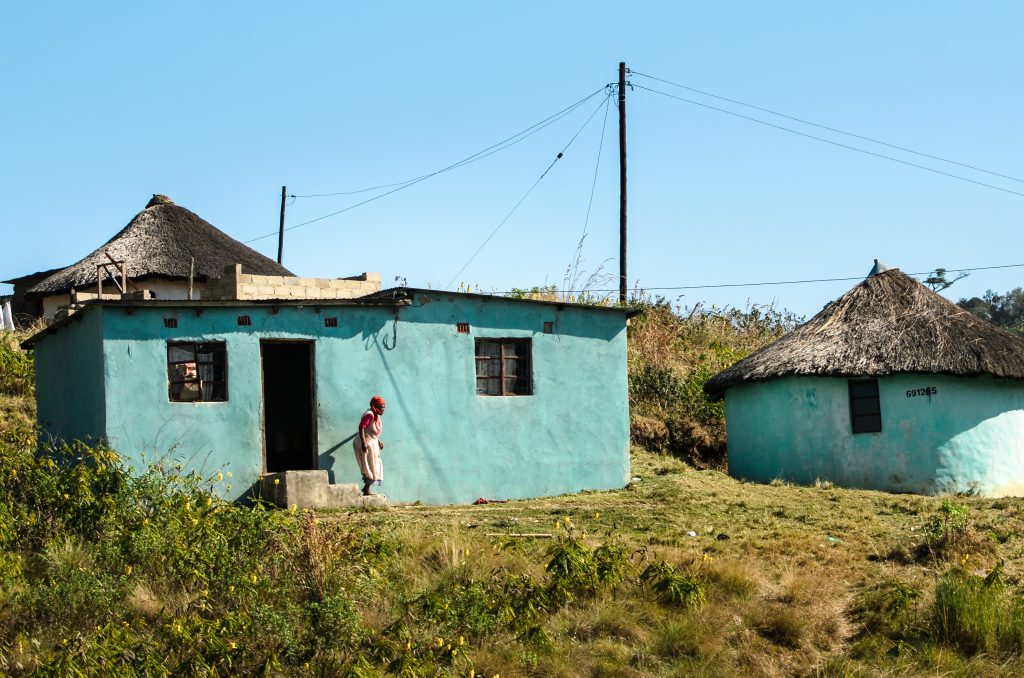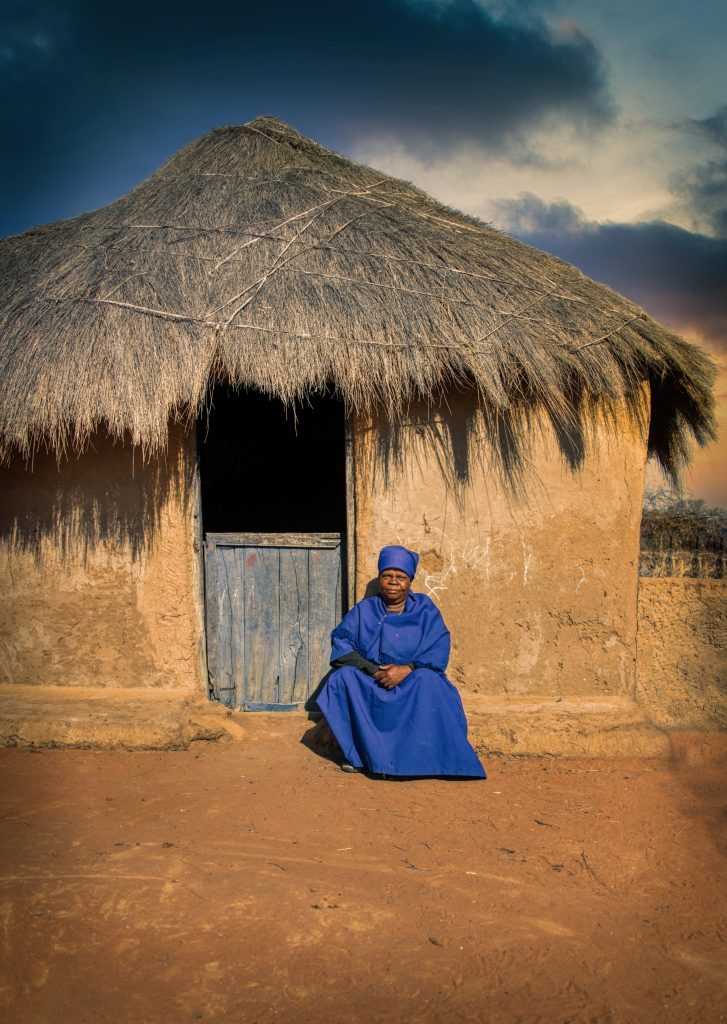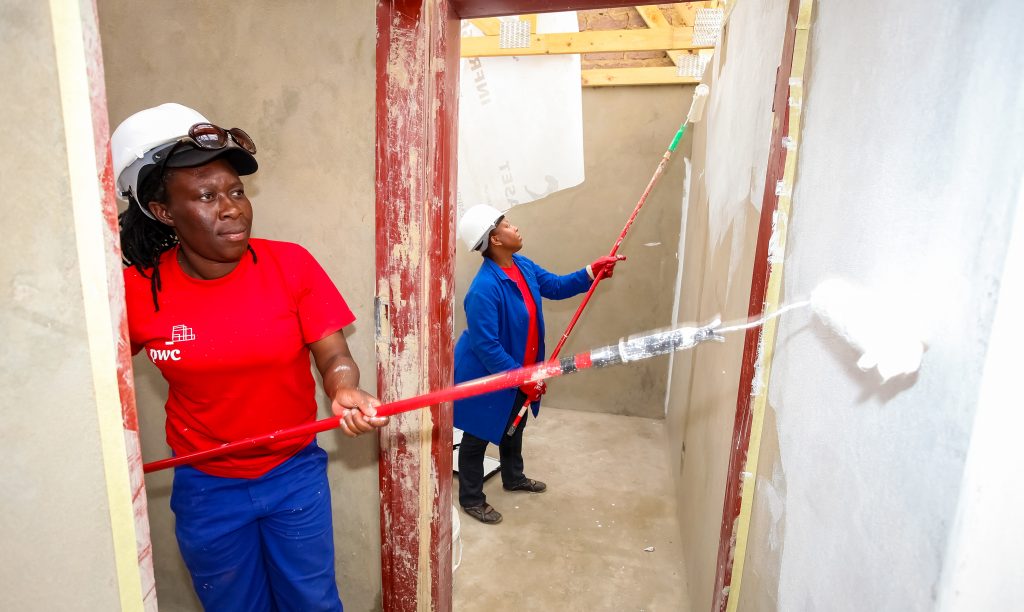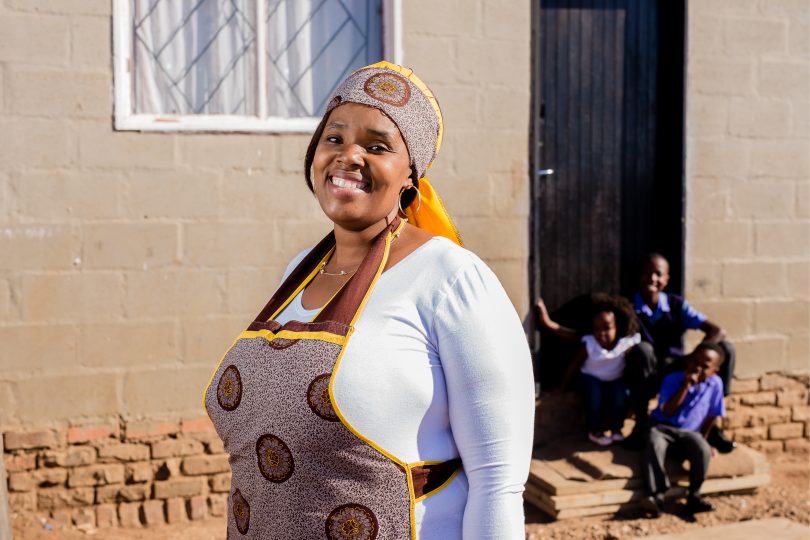Straddling the lines between poverty and despair is a daily struggle for millions of South African women and for over 30 years, the post-apartheid government of the Rainbow nation has been working to alleviate their plight by increasingly investing in low-cost housing delivery.
This is spelt out in the South African constitution which categorically states that ‘everyone has the right to adequate housing’ (section 26 (1)), and furthermore states ‘the state must take reasonable legislative and other measures, within its available resources, to achieve the progressive realisation of this right’ (Republic of South Africa [RSA], 1996: section 26 (2).
The Housing Act (RSA, 1997), also establishes that a guiding principle of housing development is that the state is expected to: encourage and support individuals and communities, including, but not limited to, cooperatives, associations and other bodies which are community based, in their efforts to fulfill their own housing needs by assisting them in accessing land, services and technical assistance in a way that leads to the transfer of skills to and empowerment of the community. (RSA, 1997:part1 (d)

Clearly on paper, there is enough provision and legal backing to ensure that South Africans across every demographic divide have adequate access to affordable housing.
And there is growing evidence revealed by policy makers and social scientists that more and more women are taking advantage of these policies to not only improve the fortunes of their families, but also of their wider communities. Indeed, “Wathinti’ abafazi, wathint’ imbokodo” (When you strike a woman, you strike a rock)
One tragic situation that is common across the African continent is that the traditional structures that prevent women from having access to owning their own land or their own property unless they have obtained some level of permission from the men in their community. Furthermore, many African societies still enable damaging and toxic narratives that dictate that a man’s word is law and women are second class citizens.
A broad, government-level solution to combat this narrative as well as make it easier for women in low-income communities to access these housing grants include joint efforts by the National Department of Housing and the Department of Housing to increase focus on the gender and gender-nuanced discourse during the formulation of housing policies focused on lower-income communities.

Social scientist Catherine Ndinda has conducted two research papers into the impact women in low-income communities made as they took advantage of government-sponsored housing plans and, in light of the stifling societal norms they had to overcome, here are some noteworthy achievements:
- In Ezilweleni (KwaZulu-Natal province), the women insisted on a transparent method of site allocation and this is what occurred.
- In Nthutukoville (KwaZulu-Natal province), women refused to move out of the area they inhabited after fleeing inter-party violence and fought for right to have their new community recognized and to secure tenure.
In short, what Ndida realized can be summed up thus:
“We had no idea of development during apartheid. Participating in the project has developed our minds. We are now confident in giving our views. Some of our members have gained construction skills. We have developed leadership skills because it is the members of the community running our Trust and Project Office and not outside developers.” (Committee member, women’s focus group discussion, Ezilweleni, Durban, 21 March 2000)
The only damper was found in Thembalihle (KwaZulu-Natal province) – the level of community participation in decision-making was low, thus the extent to which the women represented the interests of fellow women was determined by the level of community participation in all the phases of project development.

African-centered feminism and gender equality traditions differ markedly from its Western contemporaries, but there’s one area that resonates: and that is land and property acquisition. South Africa’s government efforts to ensure that women can access housing grants is not only taking care of one of the basic needs of themselves and their families; it is having the ripple effect of teaching women life skills, boosting their self-confidence and providing the platform for them to ascend to leadership positions in their communities. This housing policy is playing a role in breaking the status quo of “women are seen and not heard.”
Although these women (and many others in other low-income communities) are making definite strides in dismantling the crippling societal mores that keep them impoverished and diminished; their ascension to leadership positions are still practiced within the cultural framework of male dominance and women’s subordination. For example, in Nthutukoville, women acted in the capacity of unskilled laborers and men were trained in construction; thus the role of head of the construction process was given to the men.
And therein lies the rub – many articles and studies outline how these women’s lives have changed due to access to these state-sponsored housing grants but it’s clear that these women are still battling for the right to be seen and treated as full and equal human beings in their communities.
To borrow Catherine Ndinda’s words : “It is impossible to address gender as a separate set of inequalities without addressing race and class, as these are intricately interwoven in women’s lives. Empowerment is not only an external process but a process that has to bring about intrinsic changes not only in women but also in men….”
Yes – their voices are heard
Yes – they are in leadership roles
And yes – property ownership is an important first step to improving their lives and that of their family members
But that may all be for naught if patriarchal traditional practices force them to abdicate their roles for less-deserving men.
References:
Catherine Ndinda (2009) ‘But now I dream about my house’: women’s empowerment and housing delivery in urban KwaZulu-Natal, South Africa, Development Southern Africa, 26:2, 317-333, DOI: 10.1080/03768350902899660.
Ndinda, Catherine (2003). Housing Delivery in Nthutukoville, South Africa: Successes and Problems for Women. Journal of International Women’s Studies, 5(1), 29-41.





